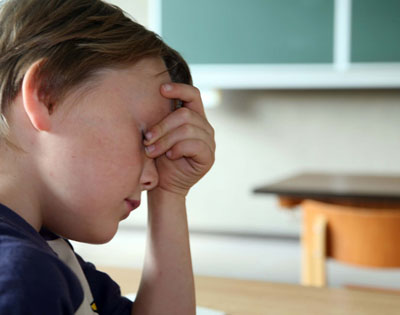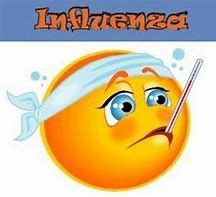According to world health organization, health is defined as “State of complete physical, mental, and social well being, and not merely the absence of disease or infirmity” This definition includes mental or psychological health too, which shows how important is to maintain the psychological health.
Do we really care about our kid psychological health???

When a kid faces problem at school, first indicator is his academic performance, which starts declining day after day. The school teachers are in the unique position to observe their academic performance, day-to-day mood and interactions with peers. Teachers use to handle lot of work in school and have their eyes on many factors that indicate your child’s well-being; and they also have the ability to see changes over the course of the school year.
For all of these reasons, teachers play a key role in linking children with psychological resources at school. As a parent are facing problem to look after child psychological well being, it’s important for parents to know who’s on school team to ensure proper care and support to child.
The Psychological Health Team at Your Child’s School
The School Counselor/Psychologist
Most of the schools don’t have school counselor, though they can play a very important role in child psychological well being. The school counselor’s role includes:
- Providing academic and career guidance
- Providing support for social and emotional problem
- Meet with students to provide support
- Consult with administrators, teachers and parent
- Implement behavior management skills for positive social and classroom interactions
- Provide counseling and psychological testing
The School counselor plays a role of a bridge between child and psychiatrist. If they feel, child needs help of a professional; they prefer to refer the child to them.
Psychiatrist 
In addition to a school counselor, school should have tie up with a psychiatrist to assess the psychological well being of child. These professionals are able to do some or all of the following:
- Meet with students to provide support
- Consult with administrators, teachers and parents
- Implement behavior management skills for positive social and classroom interactions
- Provide proper treatment and helps to assess the problem in better way.
Every school should have their own psychological health team to assess the psychological well being of children.
The Psychological Health team outside school
Most of the big cities have lot of psychiatrist or psychologist, but still there is lot of time lag in getting treatment. It is responsibility of parents to keep a watch on child psychological well being and if they feel any change in their behavior and see any academic decline, they should consult a psychiatrist or psychological immediately.
We know being a parent you work hard to educate yourself and prepare your child for the milestones ahead, but you should about the warning signs of possible mental health problems, and don’t hesitate to reach and find support in the team at school or outside school. A team approach — with families, healthcare professionals, mental health providers, educators, and social-emotional support sources all working together — can change lives and outcomes during these formative years.


















